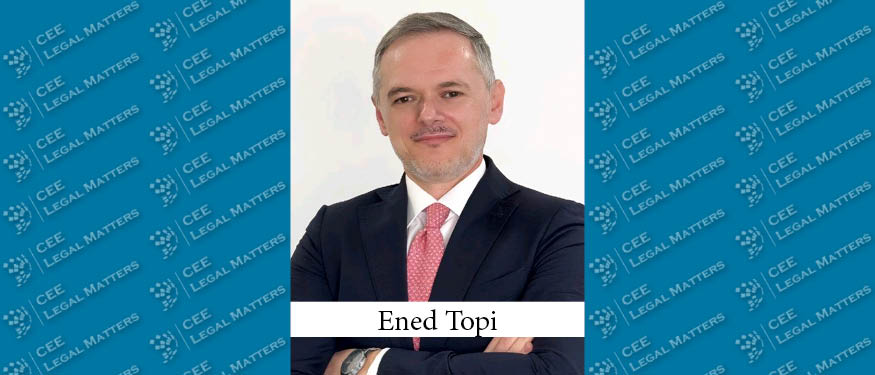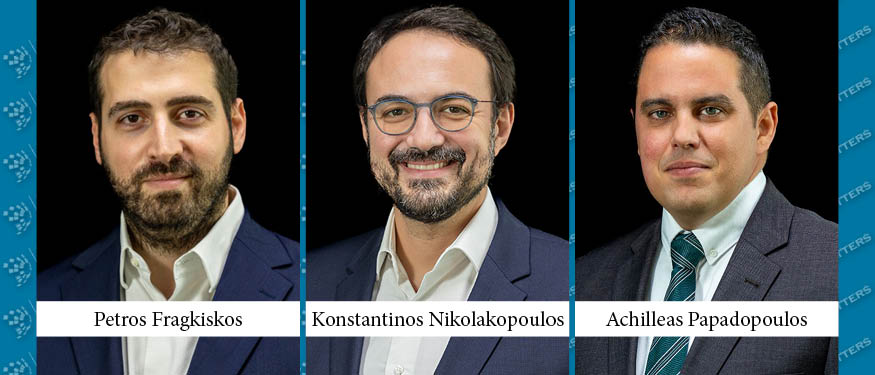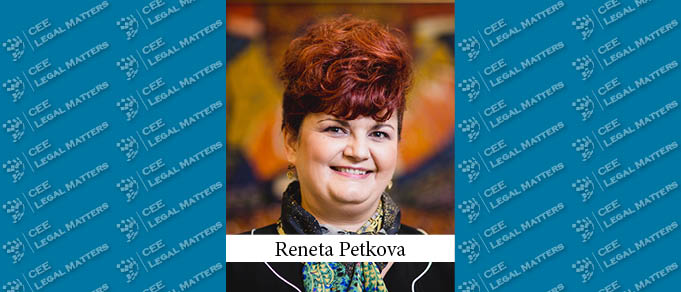With effect from 11 July 2024, the National Bank of Ukraine (“NBU”) introduced a long-awaited exemption from the moratorium on foreign currency cross-border transfers (“Moratorium”). This exemption is expected to facilitate the repayment of Eurobonds by major Ukrainian corporate issuers, which had faced significant challenges in making payments under their Eurobonds since the beginning of the full-scale russian invasion of Ukraine on 24 February 2022.
The NBU allowed Ukrainian companies to repatriate dividends to their foreign participants/shareholders, provided that the following conditions are met:
- the foreign participant/shareholder is an issuer of Eurobonds admitted to trading on a foreign stock exchange, or the foreign participant/shareholder, the issuer of Eurobonds and the Ukrainian company are members of the same group;
- the Ukrainian company acts as a surety/guarantor for the issuer’s obligations under Eurobonds;
- Eurobonds are in circulation as of 10 July 2024;
- the transfer of foreign currency for dividend repatriation is limited to the amount of upcoming coupon payments on Eurobonds due from 10 July 2024 onward;
- the purchase and/or transfer of foreign currency for dividend repatriation is allowed no earlier than 10 calendar days before the due date of the corresponding coupon payment on Eurobonds;
- if two or more Ukrainian companies act as sureties/guarantors for the issuer’s obligations under Eurobonds, all foreign currency transfers by these companies for dividend repatriation must be made through a single servicing bank; and
- the Ukrainian company must provide the servicing bank with all necessary supporting documents and information to evidence compliance with the above requirements.
Importantly, limitations on the repatriation of dividends described in our earlier legal alert do not apply to the repatriation of dividends under this new Eurobonds-related exemption.
Together with the above exemption, the NBU also introduced other measures to ease existing currency control restrictions allowing Ukrainian companies to:
(i) purchase foreign currency to credit debt service reserve accounts in compliance with loan agreements with international financial institutions;
(ii) make payments under suretyships/guarantees securing obligations of Ukrainian borrowers under loan agreements with foreign lenders, provided that the repayment of such loans is allowed under specific exemptions from the Moratorium;
(iii) pay fees to foreign banks for services related to sovereign borrowing transactions of Ukraine;
(iv) transfer funds to foreign companies that are fully or partially owned by foreign states under agreements for coverage of war risk caused by the russian military aggression against Ukraine;
(v) satisfy claims of non-residents acting as sureties/guarantors or insurers under the obligations of Ukrainian borrowers under the foreign loans backed by way of a suretyship/guarantee from international financial institutions or insured or backed by way of a suretyship/guarantee from foreign export credit agencies or foreign development finance institutions; and
(vi) pay fees (duties) related to the protection of intellectual property rights, including for services of foreign patent offices and foreign patent attorneys.
The NBU’s recent exemption from the Moratorium represents a crucial step towards facilitating Eurobonds repayments and enhancing financial stability for major Ukrainian corporate issuers. These measures, coupled with broader currency control easing, aim to bolster Ukraine’s investment attractiveness and support economic resilience effectively.
Additional notes
This LEGAL ALERT is issued to inform AVELLUM clients and other interested parties of legal developments that may affect or otherwise be of interest to them. The information above does not constitute legal or other advice and should not be considered a substitute for specific advice in individual cases.
By Glib Bondar, Senior Partner, Avellum























